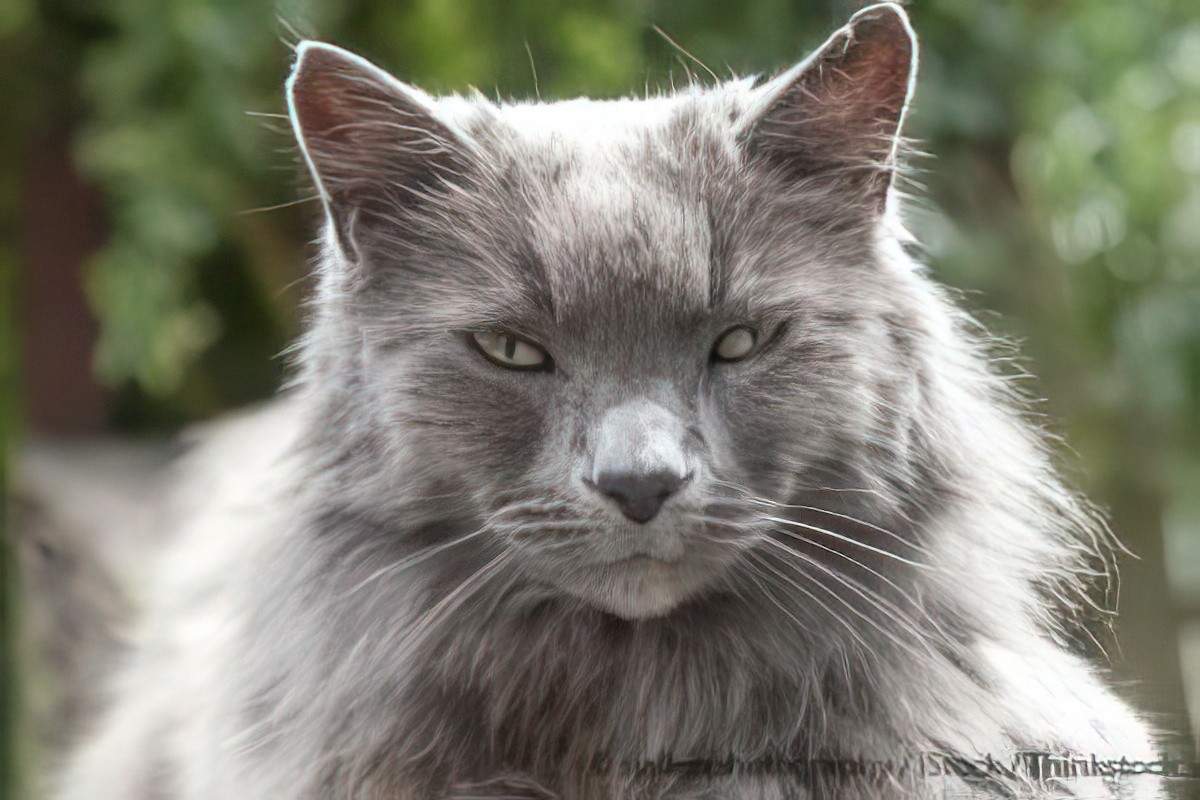How to help your senior cat in old age

Did you know cats are considered senior citizens when they reach ten years of age? That doesn’t mean you should think of your cat as old and decrepit though. There are many ways to keep your senior cat happy and healthy through his or her senior years. Dr. Karen Becker offers some great advice to help make life grand for our older cats.
From Healthy Pets by Mercola.com:
By the time your cat reaches the age of 10, she’s officially a feline senior citizen. The good news is that many cats today are living into their late teens and even early 20s. With the proper care, a kitty in good health at 10 can easily live another 8, 10, or even 12 years.
So there’s no need to panic if your purr-y companion is getting older, but it IS time to start taking some steps to insure your pet stays as happy and healthy as possible throughout her senior and geriatric years.
But first, let’s take a look at how cats show signs of aging and what you can expect as your kitty gets older.
What to Expect at 10 to 12 Years
By the time most kitties turn 10, they have slowed down a little (or a lot, depending on how high-energy they were as youngsters). You might notice your cat isn’t jumping up on high surfaces as much anymore, or isn’t climbing to the uppermost spot on the cat tree.
And while all cats, regardless of age, do best with a consistent daily routine, older cats can become especially stressed when presented with anything new or different in their environment.
You might also notice your kitty doesn’t always run right out to greet you when you get home. He may not initiate play as often as he once did, and he may take more naps.
Many cats also become more vocal as they age, and more fearful of strange or loud noises and unfamiliar people.
Older cats can also suffer from many of the same health challenges older humans face, including arthritis, diabetes, thyroid problems, and kidney disease, so it’s really important to bring your cat for twice-yearly wellness visits with your veterinarian. The sooner a change in your kitty’s health is identified and addressed, the easier it will be to resolve or manage the problem.
At veterinary visits, be sure to mention any and all behavior changes you’ve noticed in your cat, no matter how minor, as these can provide important clues about health problems that may be brewing under the surface. It’s also important you and your vet keep regular tabs on your cat’s weight, to assure she isn’t gaining or shrinking over time.
If you’re looking for a New York cat sitter who understands older cats, please contact us. We are very fortunate here at Katie’s Kitty to have some very knowledgeable cat sitters working with us throughout New York City. Many of them have had cats their entire lives, and have seen them grow from feisty little kittens to mellow senior citizens. They’ve been through health and behavior issues common to older felines, and know how important it is to keep an eye on elderly cats. And when asked, they’re always happy to share their experiences and expertise to help you keep your senior cat happy and healthy.

